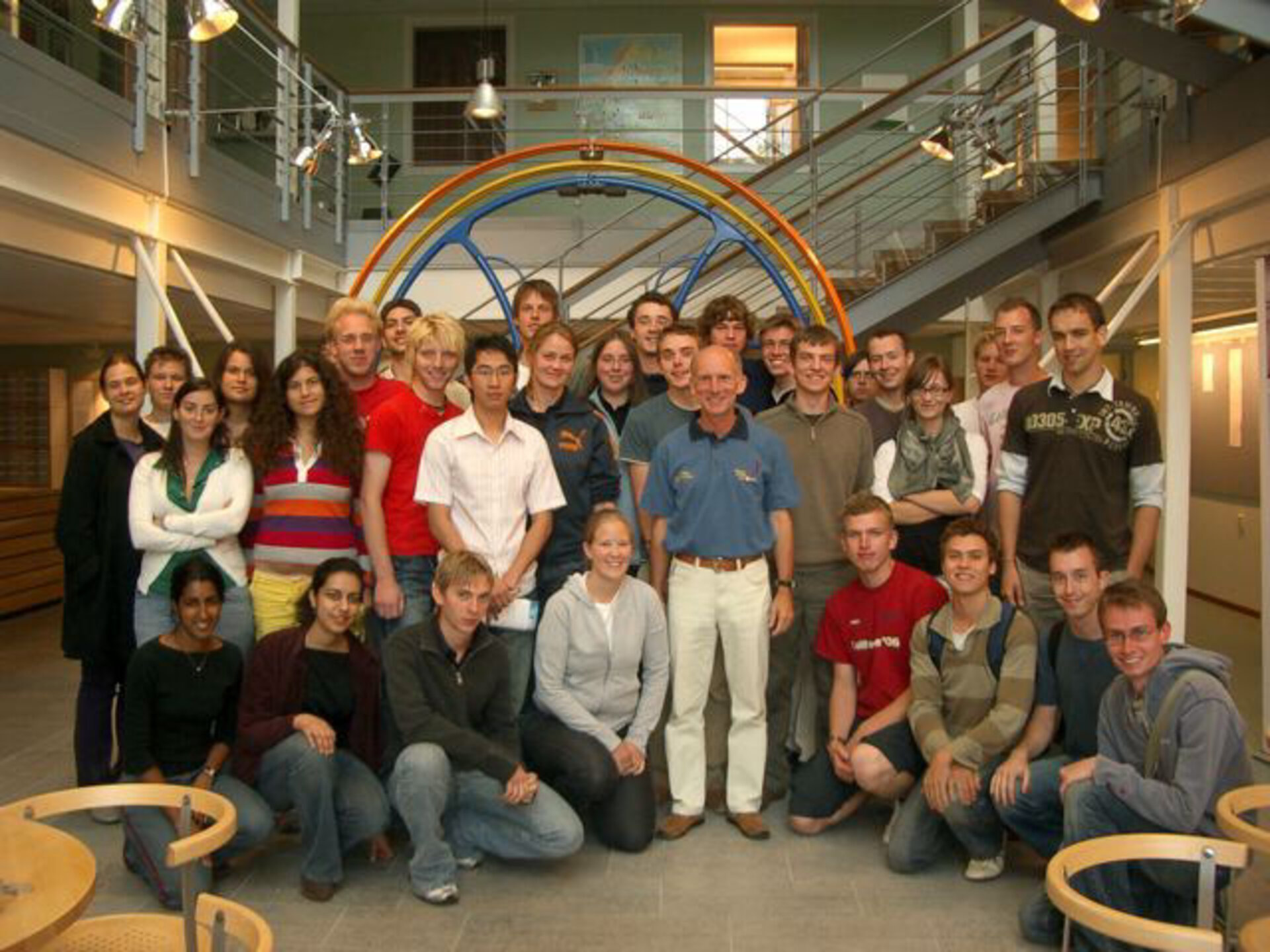Study space in the arctic summer
The University of Umeå, in northern Sweden, is again hosting a summer course in space during its International Summer University. Students from all over the world are invited to attend this unique three-week course to learn about human spaceflight and exploration from a European perspective.
Starting on 6 August 2007, the course will be held in Umeå and in Kiruna, just 160 kilometres north of the Arctic Circle. The course on Human Spaceflight and Exploration is worth 7.5 ECTS credits and will be taught in English. The aim is to provide university-level students with an insight into past and present European space activities, human spaceflight and the technical challenges involved in sending humans into space.
Other subjects covered during the course include: spacesuits, life support systems, astronaut training, the effect of space travel on the human body, space tourism and human missions to Mars. The course is open to students studying science and engineering degree programmes as well as medical students and student teachers interested in space and technology.
Life on the International Space Station (ISS) will certainly come under discussion as well as ESA projects such as the Automated Transfer Vehicle (ATV), designed to supply astronauts living on the ISS with regular supplies of food, water and other stores in the coming years. The ATV is scheduled to make its first flight later this year.
All the lecturers on the course are experts in their respective fields. Among them is Sven Grahn who will lecture on the history of human spaceflight. Sven was a driving force behind Sweden’s first venture into space carried out not far from Kiruna in the Kronogård wilderness in 1961. Other prominent lecturers include Åke Ingemar Skoog, the author of a book on Russian spacesuits.
Hang loose

As in the past, the organisers also hope to engage an ESA astronaut as a lecturer. "Of course it would be great to have Christer Fuglesang," says Carol Norberg, one of the prime movers behind the course, "but he has many commitments at the moment. However, ESA astronauts have been giving lectures here for the past couple of years so we're hopeful for this time around too."
Norberg adds that the course will include practical exercises which have always been very popular. In one exercise students will hang suspended in a 'space ball' that rotates on its three axes. "We'll measure the pulse, eye movements and the like to see how the students react", says Norberg. Another practical will consist of a computerised experiment to measure radiation levels inside the ISS.
Swedish Mars scientist Ella Carlsson will arrange a workshop on human missions to the Red Planet. Students will be tasked with choosing members of a crew for an expedition to Mars, based on expertise and relevant competency. Ella is supremely suited for arranging this kind of workshop as she has stayed on bases set up on Earth by the Mars Society to try and replicate living conditions on Mars.
Space tourism and icy hotels

The first two weeks will be spent at the main campus of Umeå University. For the third week students will travel by bus to Kiruna and Esrange to visit the launch facilities, the ESA satellite control station, the Institute for Space Physics and the latest addition to Kiruna's space activities – Spaceport Sweden, the Swedish space tourism centre.
During the trip to Kiruna students will have ample opportunity to experience the arctic environment between Umeå and Kiruna, which is just above the Arctic Circle. Students will also visit the world famous Ice Hotel and its ice bar, where whisky is not served on the rocks but in the rocks, in glasses carved from river ice.
A few places still remain on the course, which can take around 40 students. All tuition is free, but students have to pay for their own travel and living expenses.
If you would like to attend, further information and an application form can be found on http://www.irf.se/~carol/summer/, or email Carol Norberg at summer@space.umu.se




